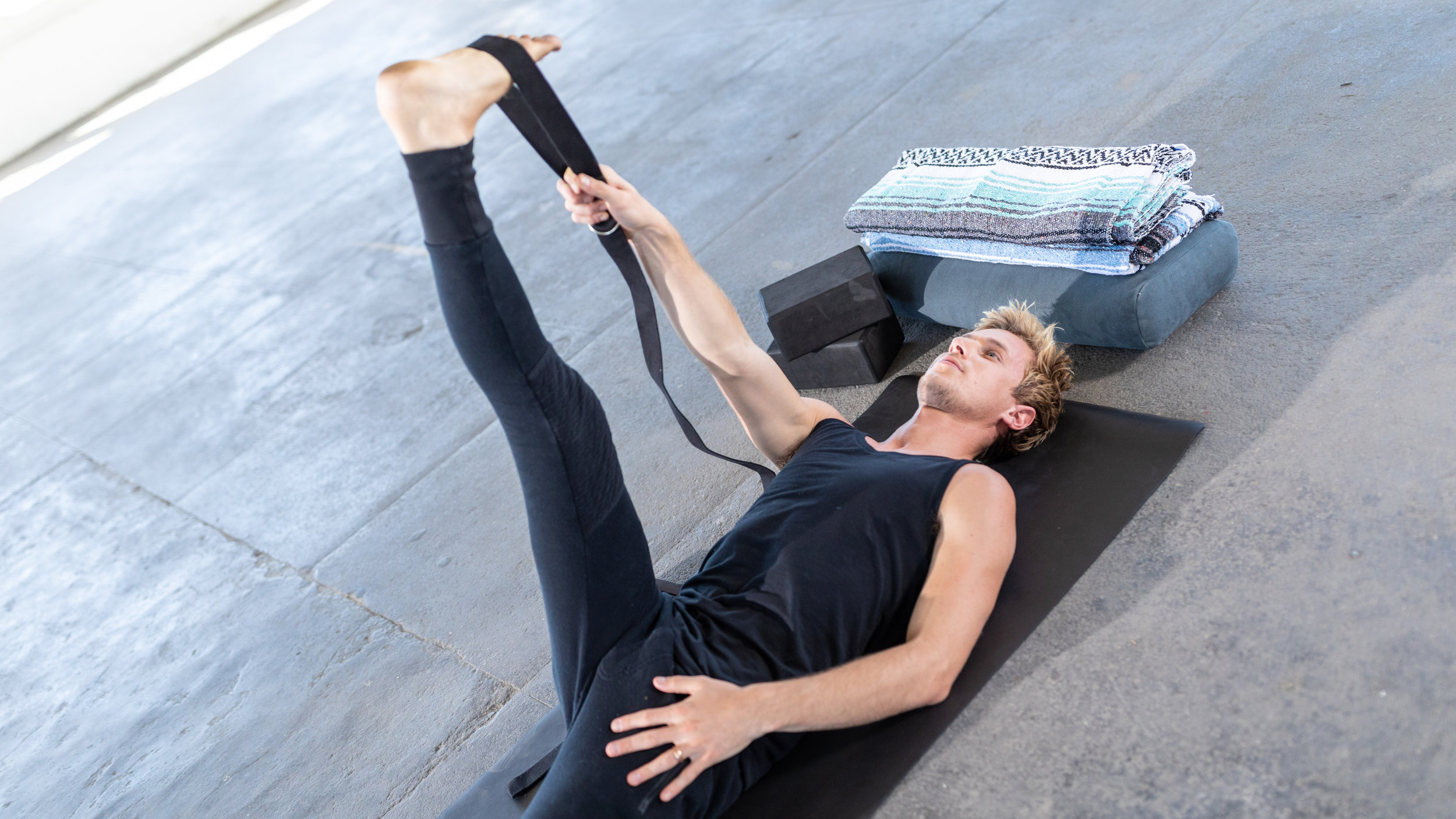Unlocking the Benefits: Effective Recovery and Restorative Exercises
In the pursuit of optimal fitness, the often-overlooked aspects of recovery and restorative exercises play a pivotal role. Understanding and incorporating these elements into your fitness routine can significantly enhance overall well-being and performance.
The Importance of Prioritizing Recovery
Amidst the excitement of intense workouts, recovery tends to be underestimated. However, proper recovery is essential for muscle repair, joint health, and preventing burnout. Incorporating dedicated recovery days into your training schedule is crucial to allow the body to repair and adapt to the stress of exercise.
Active Recovery Techniques
Active recovery involves engaging in low-intensity exercises that promote blood flow and aid in the recovery process. Activities such as walking, swimming, or gentle yoga can be beneficial on rest days. These exercises help reduce muscle stiffness, improve flexibility, and contribute to a quicker recovery between intense training sessions.
For a comprehensive guide on effective recovery and restorative exercises, visit Amal Islam’s website. Amal Islam, a fitness expert, provides valuable insights and resources to help individuals maximize their recovery and enhance overall performance.
Restorative Exercises for Flexibility and Mobility
Restorative exercises focus on improving flexibility and mobility, which are often compromised during intense training. Incorporating activities like foam rolling, stretching, and yoga into your routine enhances joint range of motion, reduces muscle tightness, and promotes overall body flexibility. These exercises are particularly beneficial for preventing injuries and maintaining long-term joint health.
The Role of Proper Sleep in Recovery
Sleep is a fundamental aspect of recovery and plays a crucial role in overall well-being. During sleep, the body releases growth hormone, which aids in muscle repair and recovery. Prioritize quality sleep by establishing a consistent sleep schedule, creating a conducive sleep environment, and practicing relaxation techniques to enhance recovery.
Nutrition as a Recovery Tool
Nutrition is a key component of the recovery process. Consuming a balanced post-workout meal that includes protein and carbohydrates replenishes glycogen stores and supports muscle repair. Additionally, staying hydrated is vital for efficient recovery. Adequate water intake helps flush out toxins and facilitates nutrient transportation to cells.
Mind-Body Techniques for Relaxation
The mind-body connection is integral to effective recovery. Techniques such as meditation, deep breathing, and mindfulness promote relaxation and reduce stress. Integrating these practices into your routine not only aids in physical recovery but also contributes to mental well-being, creating a holistic approach to overall health.
Hydrotherapy for Muscle Recovery
Hydrotherapy, involving the use of water for recovery, is gaining popularity. Alternating between hot and cold water immersion or utilizing techniques like contrast baths can improve circulation, reduce inflammation, and alleviate muscle soreness. Incorporating hydrotherapy sessions into your routine can be a refreshing and effective recovery strategy.
Professional Support for Optimal Recovery
Seeking professional guidance is essential for creating a personalized recovery plan. Physical therapists, massage therapists, and sports nutritionists can provide expert advice tailored to your specific needs. These professionals can identify areas of improvement, address any underlying issues, and guide you towards optimal recovery.
Consistency and Patience in the Recovery Journey
Effective recovery is a continuous process that requires consistency and patience. It’s essential to listen to your body, adjust your training intensity accordingly, and prioritize self-care. By adopting a proactive approach to recovery, you can sustain long-term fitness goals, prevent injuries, and experience improved overall well-being.
Conclusion: Elevate Your Fitness with Proactive Recovery
In conclusion, integrating recovery and restorative exercises into your fitness routine is a proactive and essential step toward achieving optimal health and performance. Embrace the balance between intense workouts and dedicated recovery efforts to unlock the full potential of your fitness journey. Prioritize recovery, and witness the transformative impact on your overall well-being.






